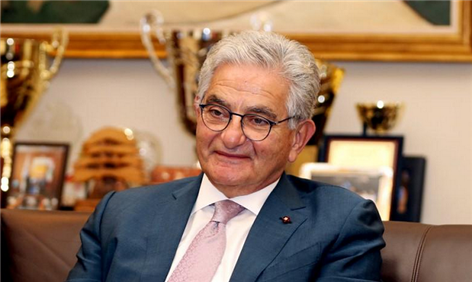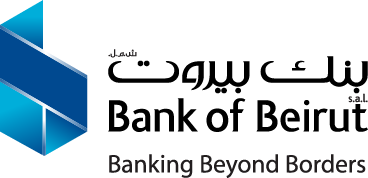Sfeir: Lebanon will probably restructure debt
14/01/2020
Lebanon’s sovereign debt is probably going to be restructured in a way that hurts neither the economy nor depositors, and foreign holders will be repaid, the banking association head said on Monday.
Salim Sfeir also said he did not foresee problems with a proposal for Lebanese banks to swap their holdings in a maturing March Eurobond of $1.2 billion for longer dated notes, describing such swaps as “common practice”.
Central bank governor Riad Salameh has proposed the swap to Lebanese banks though it is up to the government to decide, senior financial and government sources said.
One of the world’s most heavily indebted states, Lebanon is mired in a deep financial crisis. A dollar shortage has led banks to control access to deposits and block transfers abroad.
Sfeir, the Bank of Beirut’s chief executive, said he had not seen such a crisis during his 50 years in banking.
“Everything we are doing is to preserve the wealth of Lebanon in Lebanon. If not, it will evaporate and Lebanon will be left without liquidity or foreign currency needed for essential goods,” he told Reuters.
“What is being done now is not against the people. Their money is secured and, let me add, the pressure is not from the large depositors.”
“MORE OXYGEN”
The crisis is rooted in decades of state corruption and bad governance. Lebanon’s gross public debt is $89.5 billion, 38% of it in foreign currency. Lebanese investors hold the bulk of the debt. Foreigners hold 30% of the Eurobonds.
“Probably the debt is going to be restructured in one way or another but without affecting the deposits of the people and they are currently working to assure that,” Sfeir said. This would “give more oxygen in order to stimulate our economy”.
Asked how the restructuring should take place, Sfeir said this would be the responsibility of a new government. But the general idea is that “interest rates would go down and maturities would be extended”.
Politicians have failed to agree a new government or a rescue plan since Saad al-Hariri quit as prime minister last October.
Lebanese Eurobonds of $2.5 billion are set to mature this year.
“Of course foreign holders will be repaid,” Sfeir said.
He said the aim was “not to leave any hard feelings with the international community.”
“By restructuring, let us define what we mean. Restructuring is not hurting anybody. Restructuring is working on (maturity) time and interest rates. It does not mean surgical operations,” he said.
Sfeir also said he opposed the formalization of the banking controls, saying it would then be “difficult to return to normal practice”.
The central bank told banks to increase their capital by 10% by the end of 2019 and a further 10% by June 30, 2020, to help them withstand the crisis.
All banks are working on this, Sfeir said.
“Now what is the probability of success with each and every bank? I don’t know, but I don’t anticipate major difficulties,” he said.
Bank of Beirut – List of Banks: 75 | Online banking services licensed by virtue of BDL letter number 11/629 dated October 2, 2008 | 2020 Bank of Beirut s.a.l. all rights reserved
Thank You for your feedack !
Virtual Tour
- A website accessible to the widest possible audience
- Bank of Beirut new and specialized website






















































